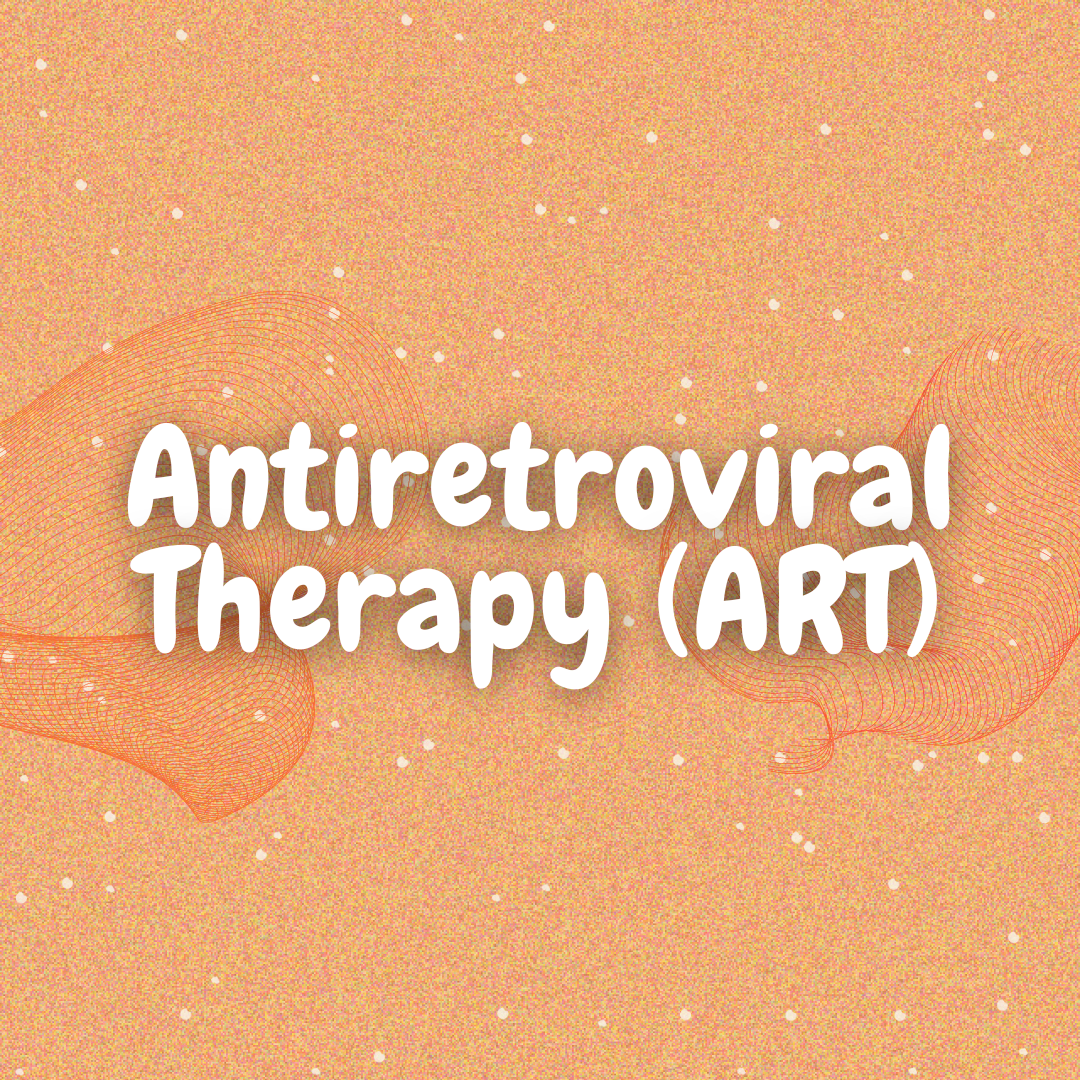
Testing for HIV and Antiretroviral Therapy (ART)
Testing for HIV and Antiretroviral Therapy (ART)
Why is it important to get an HIV test?
Checking for the human immunodeficiency virus (HIV) in the body is what HIV testing is all about. Early identification of HIV infection is important because it lets people get the right medical care and treatment. By using safe sex methods and other precautions, people who know they have HIV can also help stop the virus from spreading to others.
Who should think about getting an HIV test?
No matter your sexual preference, gender identity, or way of life, you should think about getting tested for HIV. This is especially important if you do things that put you at risk of getting HIV, like having sex without protection or sharing drugs
If your an injecting drug user, a sex worker or a man who has sex with men, you have more substantial risk of HIV therefore you might need to test and embrace a variaty of prevention options e.g., proper condom use, PrEP, PEP in case of emergencies, Dapiviren rings, etc.
Also, people who have fever, rash, sore throat, or swollen lymph nodes, which are all signs of an acute HIV infection, should get tested right away.
What are the different kinds of tests for HIV?
There are different kinds of HIV tests, such as fast tests, antibody tests, and tests that look for both HIV antibodies and antigens. Tests can be oral or require blood. There are clinics that provide FREE HIV SELF -TEST kits. (Insert a link to clinics and their contacts.).
What is Antiretroviral Therapy (ART), and how does it help people living with HIV?
A treatment for HIV infection called antiretroviral therapy (ART) includes taking a group of drugs called antiretroviral drugs. The way ART works is by stopping the HIV virus from multiplying in the body. This makes the immune system work better and lowers the chance of complications linked to HIV.
What kinds of people can get ART therapy, and when should they start?
According to current standards, everyone who has been confirmed with HIV should start ART treatment as soon as possible, no matter their CD4 cell count or clinical symptoms. It has been shown that starting ART early can improve long-term health and lower the chance of spreading HIV to other people. Also, people who have complications or comorbidities linked to HIV may benefit from ART therapy to better control their situation.
What are some bad things that could happen during ART therapy?
Even though ART treatment is usually safe and well-tolerated, some people may have side effects like nausea, diarrhea, fatigue, or changes in how their body fat is distributed. These side effects are usually mild and short-lived, but sometimes they may mean that the treatment plan needs to be changed or that the patient needs more medical care. It's important for people
starting ART treatment to talk to their doctor right away about any worries or symptoms.
Can people who have HIV and are on ART live normal, healthy lives?
Yes, many people living with HIV can live regular, healthy lives as long as they get the right medical care, support, and stick to their ART treatment. ART treatment can greatly increase the chances of survival, lower the risk of HIV-related problems, and make life better in general.